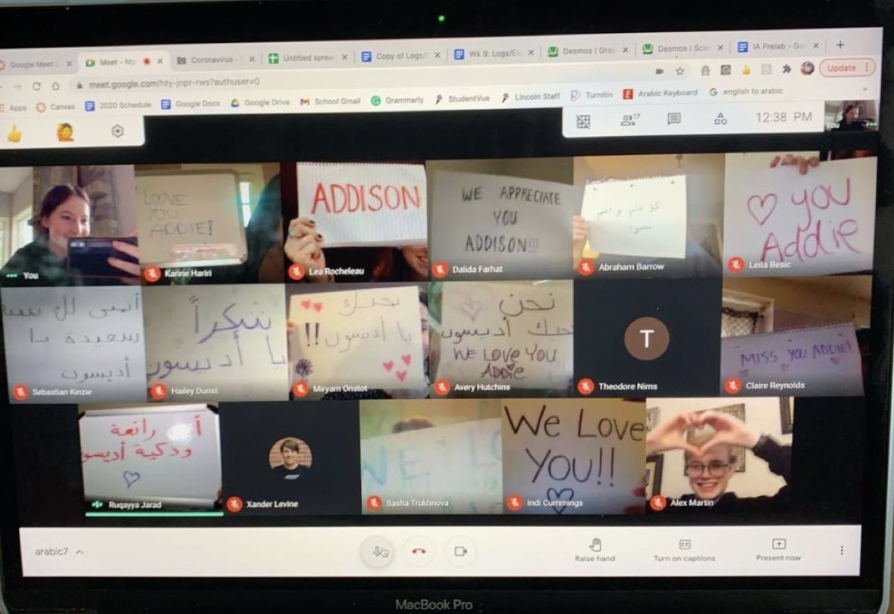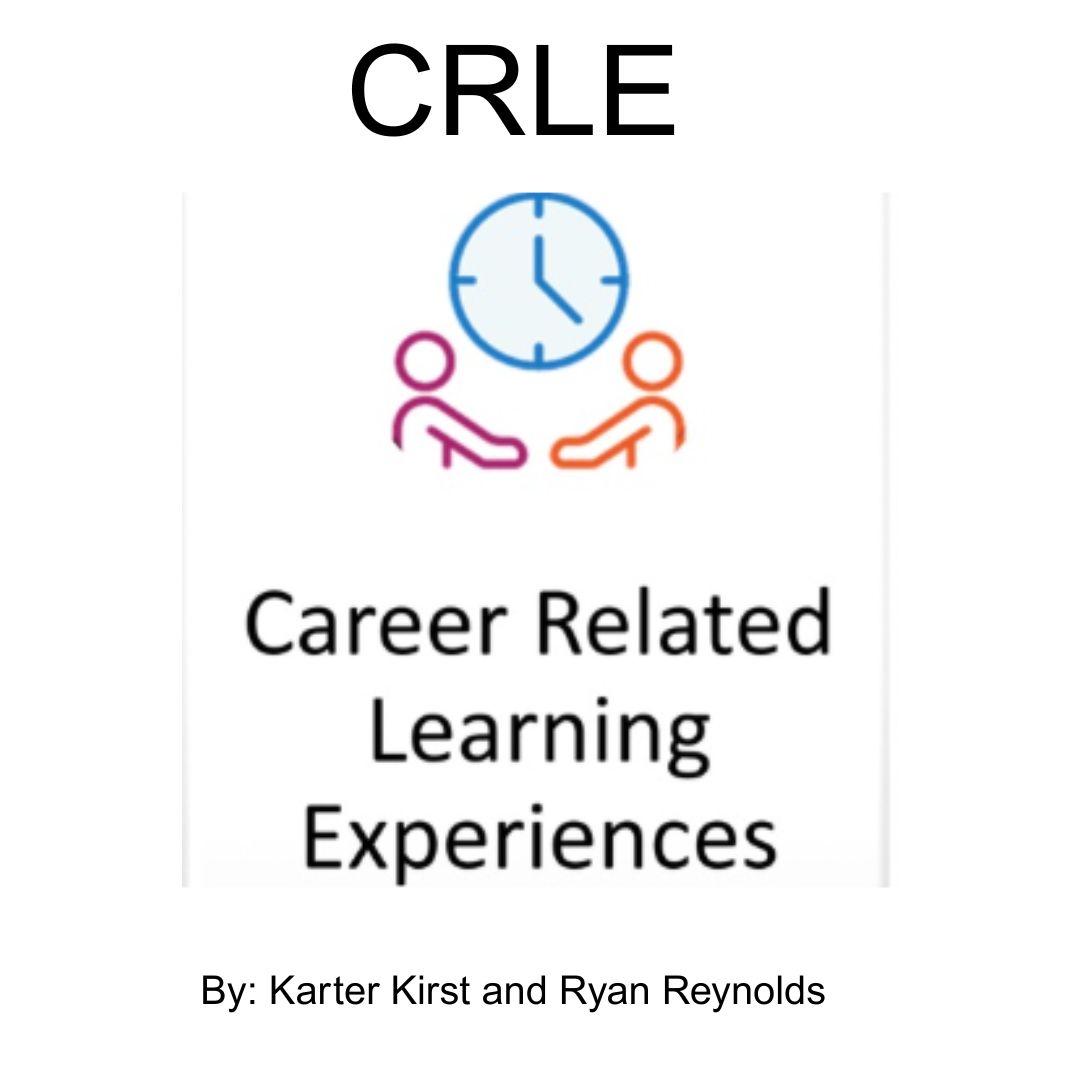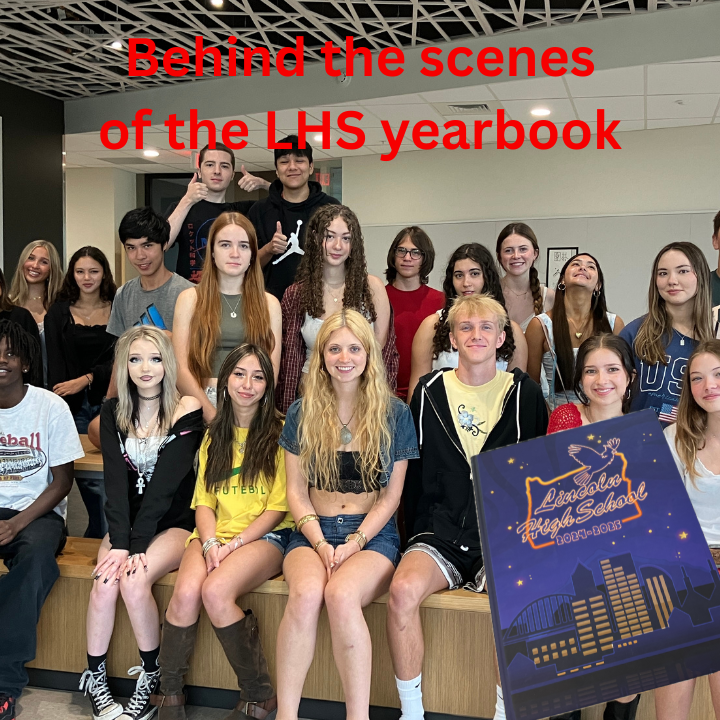Opinion: A push to join the Arabic program
The Arabic 7-8 class holds up signs of appreciation for the teacher.
May 25, 2021
When I asked Arabic students what their favorite experience at Lincoln was, they immediately had an answer: being a part of the Arabic program.
West Sylvan and Lincoln students get the unique opportunity to study Arabic at the middle school and high school level. These two schools are the only public institutions that offer Arabic in the state of Oregon.
Even more astonishing, the National K-12 Foreign Language Enrollment Survey Report in 2017 by American Councils discovered that only 1,980 students– public and private– study Arabic in Oregon, and only 26,045 in the entire country. Out of all public and private high schools in the U.S., only 161 offer Arabic language classes. Only four of those schools offer Arabic at the AP level and only six offer it at the IB level. For kindergarten through eighth grade, only four schools in the U.S. have an Arabic language option, making West Sylvan’s program one of only four in the country.
The Arabic programs at Lincoln and West Sylvan are funded by a grant from the Qatar Foundation International (QFI), a nonprofit organization that aims to “engage a global community of diverse learners and educators to foster global competency, and greater mutual understanding through the exploration of the Arab world’s societies and cultures and the Arabic language,” according to the QFI website.
Arabic is the fifth most spoken language on the planet. It is also one of the official languages of the United Nations, and the U.S. and U.K. have recognized it as one of the most important languages of the future. Government employers look for people with Arabic language skills, and so does the private sector, in an effort to globalize brands. Those who speak Arabic have an edge in the workforce.
Yet, while the Arabic language is of great importance, few students choose to study it at Lincoln with class sizes ranging from 10-20 kids. I believe that those who have the opportunity to learn the language should do so. By not taking Arabic when you have the chance, you are making a mistake.
I decided to start taking Arabic in sixth grade. I didn’t know anything about the language, culture or people, which made it apparent to me that having this skill would set me apart.
Because I loved the language and classes, I continued to take Arabic for the next six years, bringing me to IB Arabic 10 in my senior year. Through the years I have learned to read, write and hold conversations in the language. In addition, I’ve been immersed in the culture, learning about the traditions and people, while my teacher, Ruqayya Jarad dismantled stereotypes surrounding the Middle East.
In the U.S., most people do not learn the truth about the Middle East. We are not told that Islam is founded on peace, or that the Arabic language is centered around it as well. To greet someone you say “السلام عليكم”, in English “peace be upon you.” Instead, we are constantly shown news surrounding war and violence, which strengthens the already prevalent Islamophobia that exists in our country.
We need to move towards rewriting the narrative about the Middle East in our country, and to do this we need to educate the next generation of students.
At Lincoln, you have the opportunity to join the 0.17% of high school students in the U.S. studying Arabic. We are extremely lucky to be at one of the 161 high schools in the entire nation that grant their students this opportunity. So take it.
أتمنى أن تدرس اللغة العربية!(I hope you study Arabic!)




